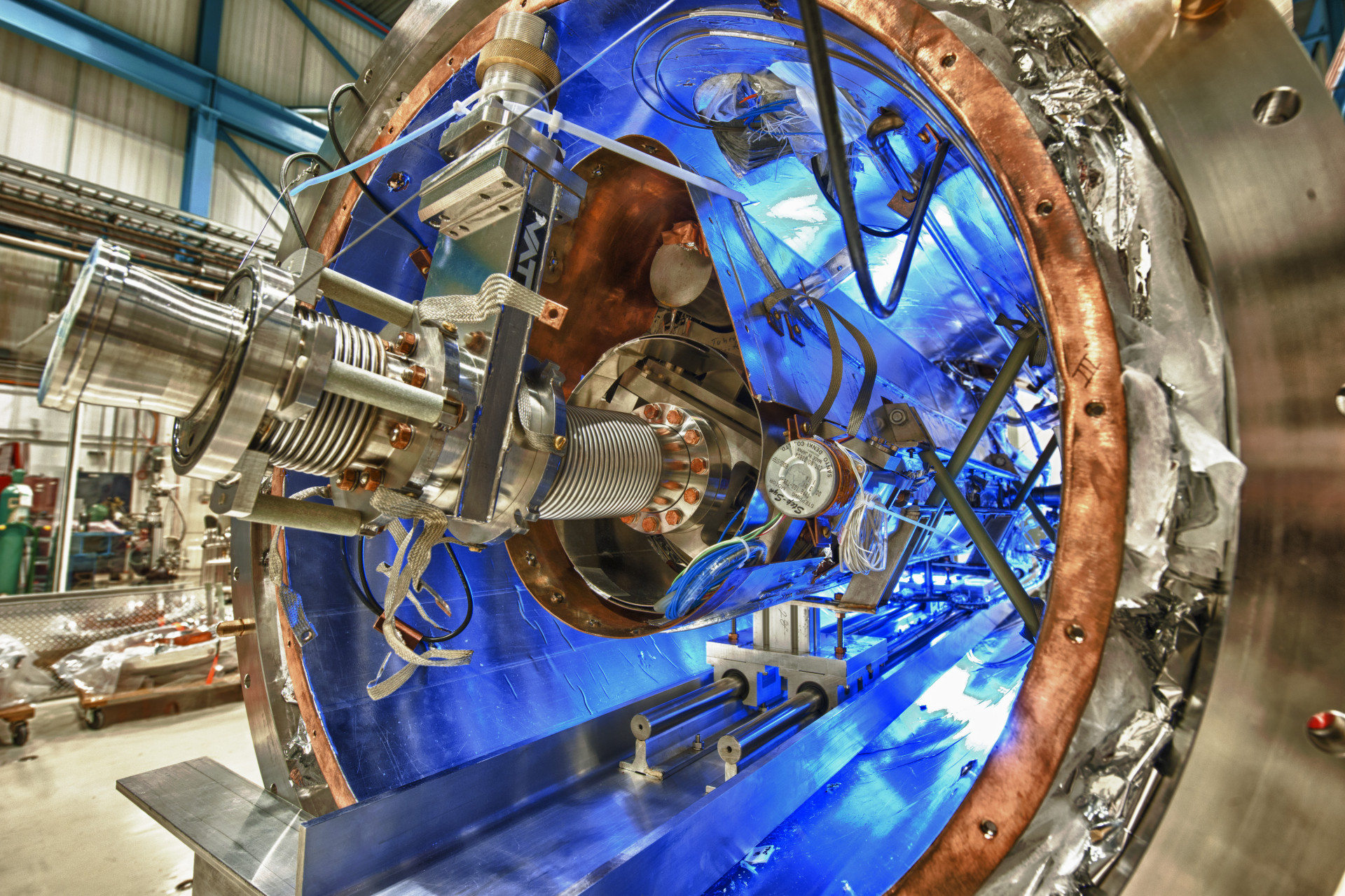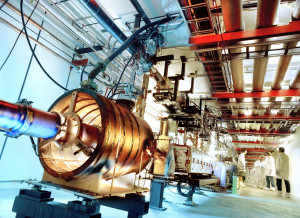
Colorado State University is the latest research institution to be admitted to the Universities Research Association, one of the entities that helps manage the Fermi National Accelerator Laboratory.
CSU was elected in February by the association’s Council of Presidents. The URA, in conjunction with the University of Chicago, forms the Fermi Research Alliance, which manages the federal laboratory for the U.S. Department of Energy’s Office of Science. CSU is the 89th university to join the URA. 
“This really cements our connection to the foremost high energy physics and accelerator laboratory in the United States,” said Bob Wilson, a professor of in the Department of Physics and director of CSU’s High Energy Physics and Particle Astrophysics, one of the institution’s Programs of Research and Scholarly Excellence.
CSU gained entry based not only on its particle physics work but its accelerator research, which is based in the Department of Electrical and Computer Engineering.
CSU received a linear accelerator donation and other materials in 2013 from the University of Twente in the Netherlands. Since then, Professors Sandra Biedron and Stephen Milton have been working with the Dutch university on series of projects, including generating Terahertz radiation, compact light sources, high-gradient acceleration, and seeding schemes for next-generation light sources. Other donors included the Boeing Company and the University recently stood up the Advanced Beam Laboratory.
“CSU will greatly benefit from having a tighter connection with the nation’s leading accelerator laboratory,” Biedron said. “It will help advance our accelerator research and connect our students to research and engineering that benefits the particle physics and other user communities. It also permits CSU students to work closer to the scientists and engineers in the national laboratory.”
New opportunities
Biedron, Wilson and Alan Rudolph, the vice president for research, attended the URA’s recent annual meeting at which CSU was voted in as a member.
As part of the URA, CSU has a seat on the Council of Presidents, which helps set URA policies and also receives regular updates from the federal laboratory’s director.
Both Biedron and Wilson say being associated with Fermilab and being part of the URA will open up new opportunities for CSU faculty and students.
“Our faculty and students will be able to apply for fellowships and other programs they wouldn’t otherwise be eligible for and allow them to spend time in residence at the lab,” Wilson said.
Biedron already has three students working at Fermilab and hopes to place more through URA’s visiting scholars program.
“It exposes our students to the real-world work going on this area,” she said.
About Fermilab
Scientists have used Fermilab’s suite of particle beams produced by the lab’s accelerators to examine matter, energy, space and time and how they relate to the physical universe to try to gain a better understanding of the elementary components of matter and the fundamental forces through which they interact.
Located in Batavia, Ill., Fermilab is a global center of particle physics research. The lab runs the nation’s largest complex of particle accelerators, used by thousands of scientists from across the country and around the world for particle physics experiments.
The lab is collaborating with its European sister lab, CERN, in a search for new physical phenomena using the Large Hadron Collider, and is in the planning stages to host an international facility to investigate the properties of neutrinos and their role in the universe.